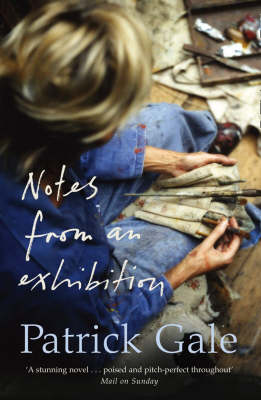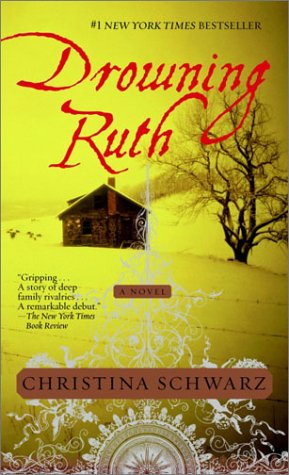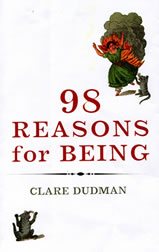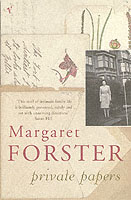I burned the coffee this morning. He hates that. He didn’t speak but his face said it all. He was out late last night and he’s gone to meet someone today about ‘business’. I’m so nervous. Ally is playing outside in the yard and I’m trying to leave everything as if we have just walked down the road to the village.
I put Ally’s favourite toy on the floor by the television, a cup of milk half drunk, a biscuit on a plate. I hear the chickens squawking and footsteps outside. The birds scatter as Karen thunders into the courtyard, leaping the ones which get in her way.
“I’ve left the car round the back, where’s the luggage?” She is breathless and distracted.
“In the apothiki,” I point to the door of the storehouse on my right.
Duncan arrives from the flower farm where he works.
“Alright Anna?” he grins showing an array of broken teeth. He seems sober enough today. He helps Karen carry our cases to her car down a track behind the house. She turns and waves. I wish we could travel with her, but she says we would be too conspicuous driving away in her tiny car with suitcases in the back.








